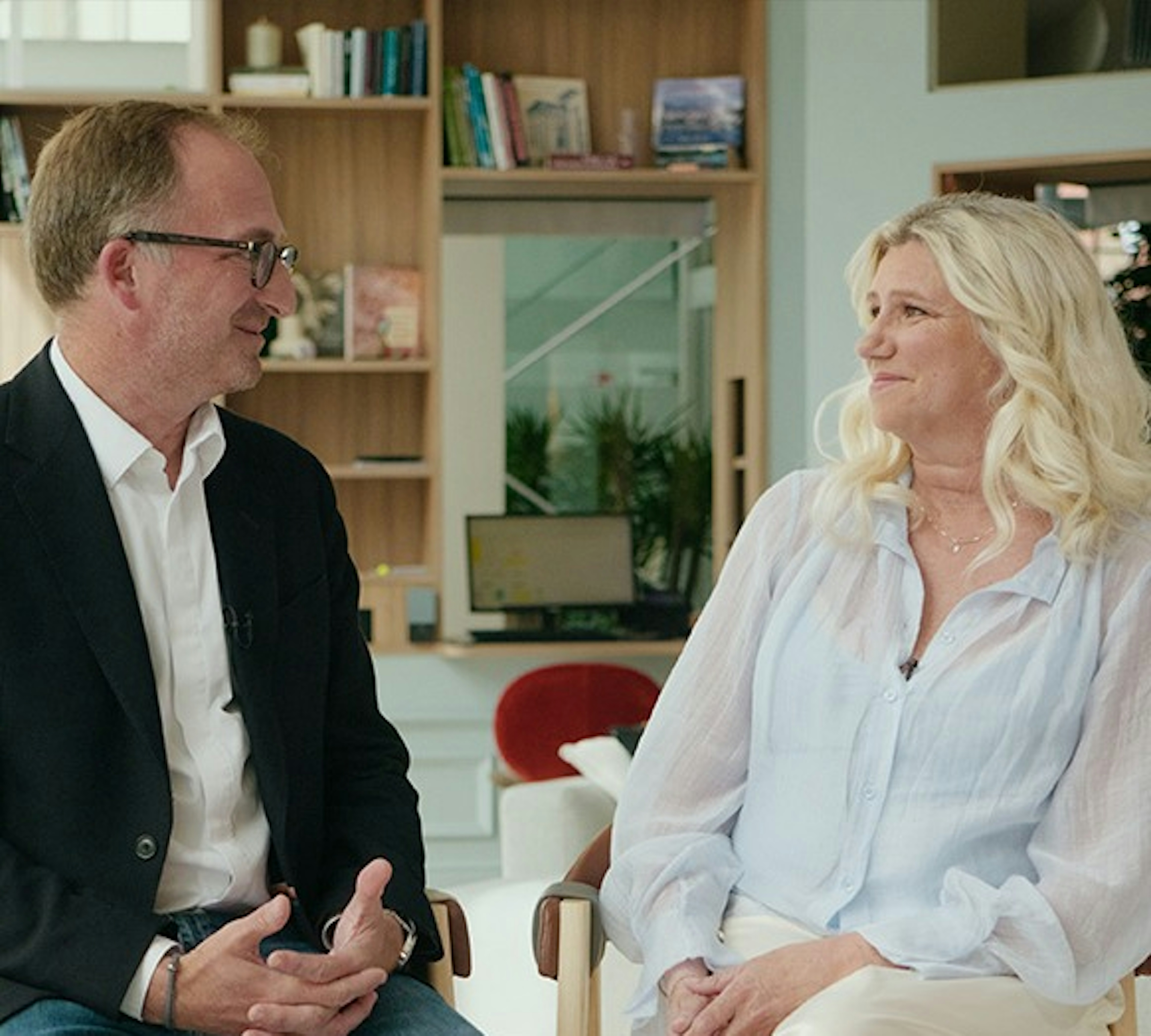People
02.10.2026
From Local Action to Regional Momentum: How Mövenpick Ambassador Hotel Accra is Advancing Human Rights in Hospitality

Discover what’s shaping hospitality and how Accor is setting the pace.
People
02.10.2026
From Local Action to Regional Momentum: How Mövenpick Ambassador Hotel Accra is Advancing Human Rights in Hospitality

Design
02.05.2026
From Vision to Operational Excellence: Fairmont Mumbai and A New Design Benchmark for Luxury Hospitality in India

Hotel Development
01.29.2026
The Expanding Role of Franchising in Accor’s Luxury & Lifestyle Strategy

Brands
01.28.2026
Novotel Launches "Longevity Everyday": Pioneering the Quiet Wellbeing Revolution

Digital & Tech
10.30.2025
Unlocking Profitability Through Revenue Management: How Accor is Helping its Partners Achieve Double-Digit Growth

Procurement
10.16.2025
Driving Operational Excellence Through Procurement: Insights from the TRIBE Düsseldorf Opening

Design
09.23.2025
From Vision to Operational Excellence: How Novotel Brugge Centrum Transformed into a Modern Flagship
